Neat URL is an extension for Chrome and Firefox that removes tracking elements from links
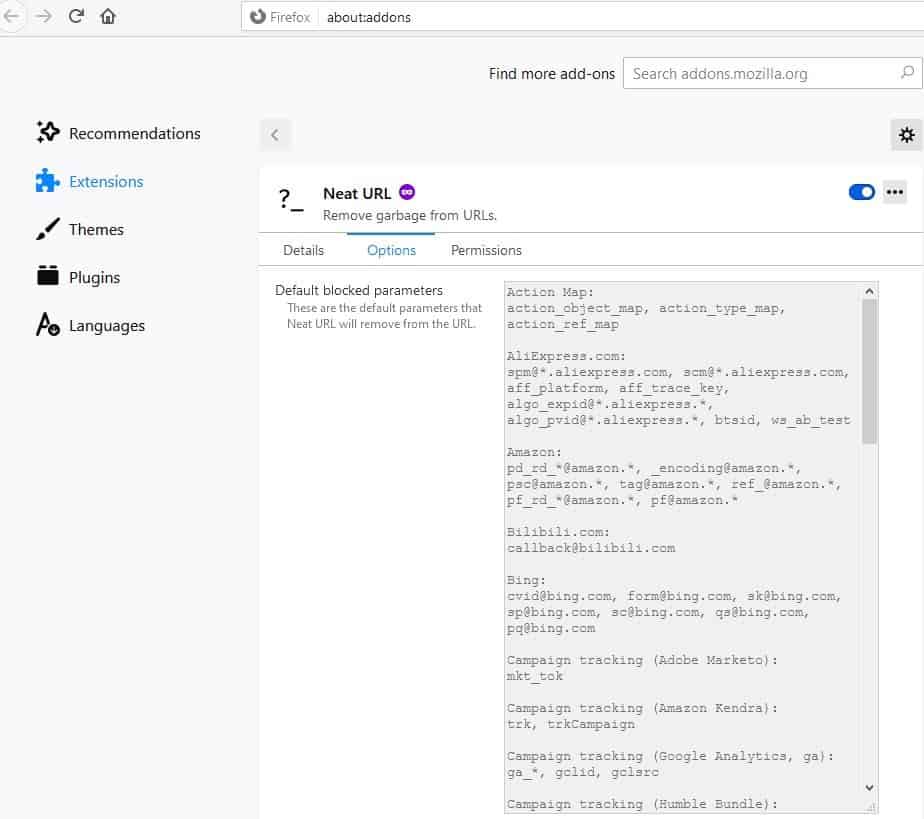
Do you pay attention to the URL before clicking on a link? If you do, you will have noticed that sometimes the link gets really long and that the URL contains random or descriptive characters.
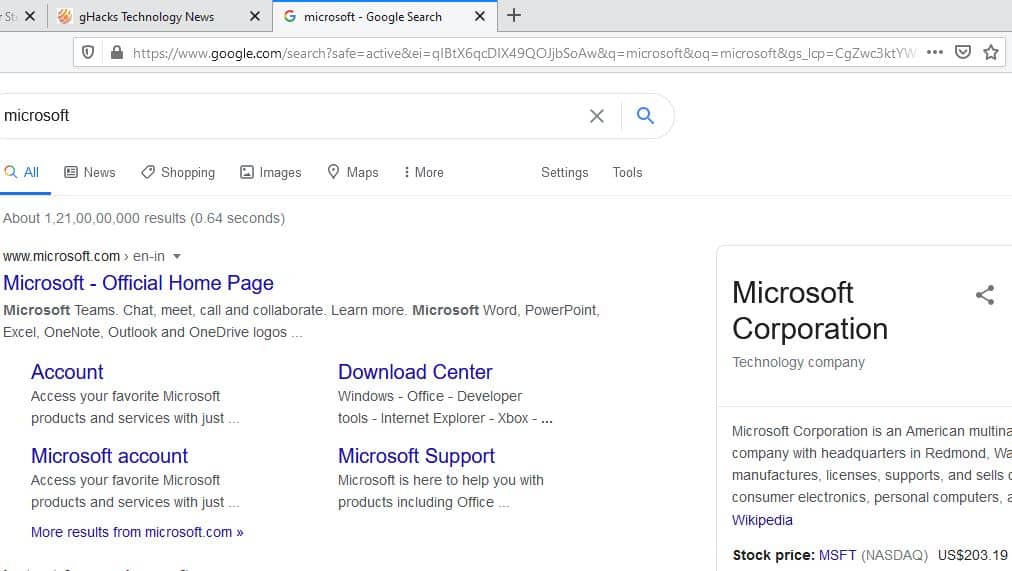
Look at this mess.
https://www.google.com/search?safe=active&ei=qIBtX6qcDIX49QOJjbSoAw&q=microsoft&oq=microsoft&gs_lcp=CgZwc3ktYWIQAzIECAAQRzIECAAQRzIECAAQRzIECAAQRzIECAAQRzIECAAQRzIECAAQRzIECAAQR1AAWABg6o0CaABwAXgAgAEAiAEAkgEAmAEAqgEHZ3dzLXdpesgBCMABAQ&sclient=psy-ab&ved=0ahUKEwiqkJqDyoPsAhUFfH0KHYkGDTUQ4dUDCAw&uact=5
That is the URL I got after searching for "Microsoft". Here is a trimmed version of the same.
https://www.google.com/search?safe=active&source=hp&q=microsoft&oq=microsoft&sclient=psy-ab&uact=5

Why is this so important? In a nutshell, tracking.
All websites store cookies in your browser to display the content on their webpages, to help you login, and also to serve ads. While cookies are one of the ways that websites can use to track you, it's not the only method that's implemented for this purpose.
A seemingly harmless URL can be used for tracking user activity. The most common example for this would be a referral or affiliate link that takes you to a particular site (landing page). It will send some information about you to the original site (the referrer).
For e.g. example.com/?ref=somewebsite
This will take you to example.com, but when this data is sent to the server, the site will know which page you visited, and which website you came from (for e.g. "somewebsite" since it was the referrer). The same can be said about Google, Twitter, Facebook, Shopping websites, Blogs, etc. While sites may get the info from the referrer header value as well, it is possible to block this in the browser so that it is not submitted.
Email newsletters are another medium in which such links are used casually. When you click on them the website will know the source, i.e. the newsletter link. That's quite a privacy risk, but URL based tracking can be reduced with the help of some add-ons.
While extensions like uBlock Origin (and the ad filters) help prevent most trackers, they don't clean the tracking elements from "normal" URLs. This is why you should use something like ClearURLs or Neat URL. We'll be discussing the latter here.

Install Neat URL and its icon appears on the toolbar. You can click on the button to disable the add-on at anytime. The icon displays a badge on it that represents the number of trackers that were trimmed from the URL.
How does this work?
All tracking URLs use certain patterns. For e.g. many URLs have a ? which is followed by a random string that's used for tracking
Here's an example URL
https://news.samsung.com/global/unveiling-samsung-galaxy-s20-fe-fan-favorite-features-at-an-accessible-price-point?utm_source=rss&utm_medium=direct
And here's the Neat URL version of the same.
https://news.samsung.com/global/unveiling-samsung-galaxy-s20-fe-fan-favorite-features-at-an-accessible-price-point
Can you spot the differences between the two links? The second URL has been trimmed, it is missing the content after the ?, in this case these attributes: "utm_source" and "utm_medium". The first parameter tells the website where I visited the page from, in this case an RSS Feed. The second one is useful for marketing reasons: to show the direction/origin of the traffic (direct link, Google, etc.).
Neat URL uses a parameter based system that is used to detect and remove unwanted content from links. The above link for example was trimmed because of the following rule.
Campaign tracking (utm):
utm_*,
This will remove anything that includes "utm_" in the URL. For e.g. utm_source, utm_RSSfeed or whatever the link contained.
While Neat URL trims most of the common tracking terms from the URLs, it doesn't include all words by default. But it offers us a way to add custom parameters. This is very useful for filtering content that you want to remove, especially from specific domains.
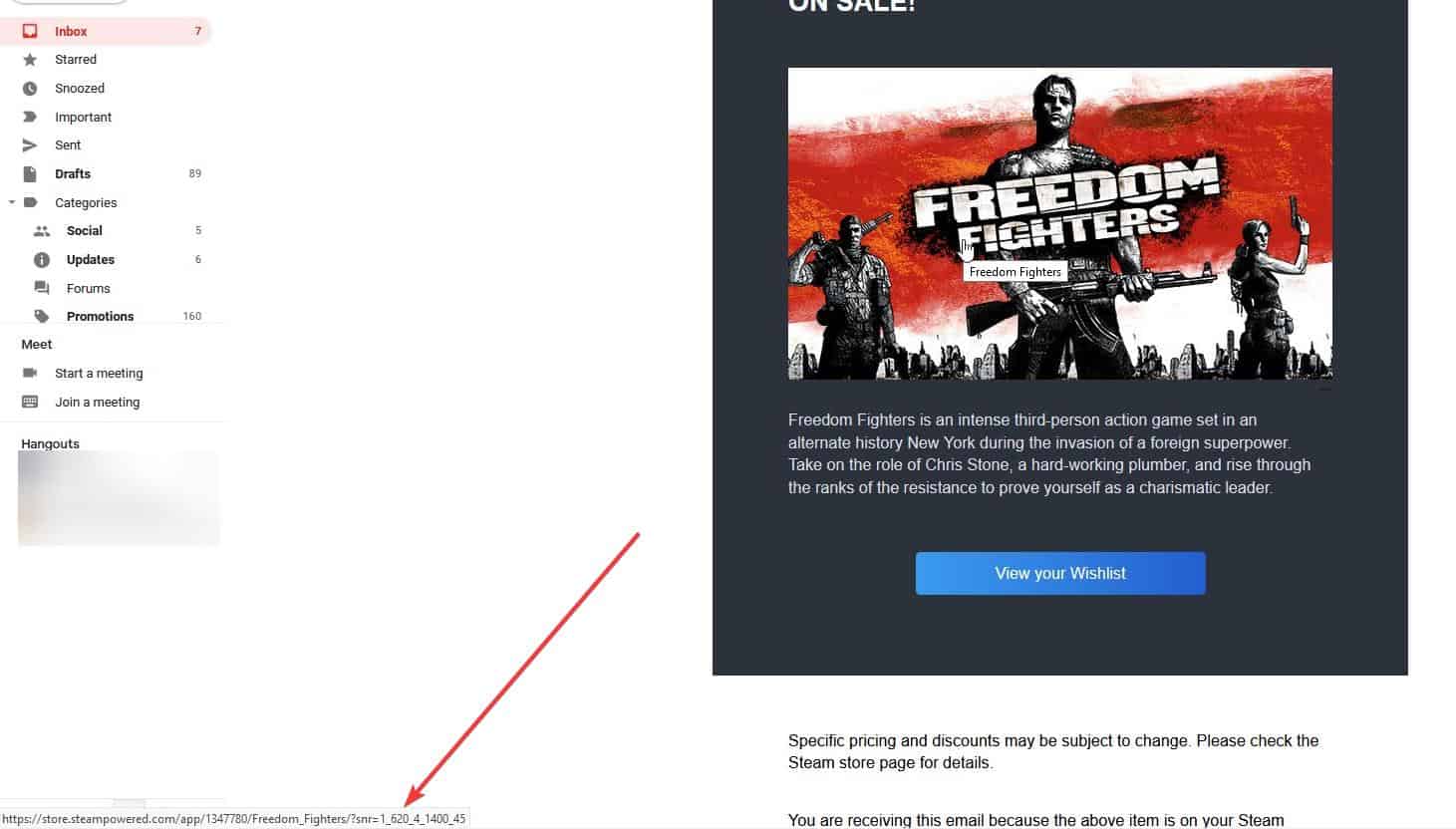
Here's another URL (from my email) that has a tracker.
https://store.steampowered.com/app/1347780/Freedom_Fighters/?snr=1_620_4_1400_45
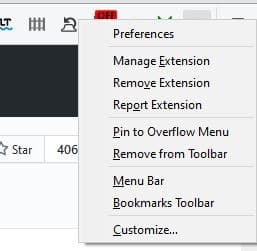
If we want to block the "snr" parameter, we need to set up a custom rule for it. Right-click on the Neat URL button and select preferences.
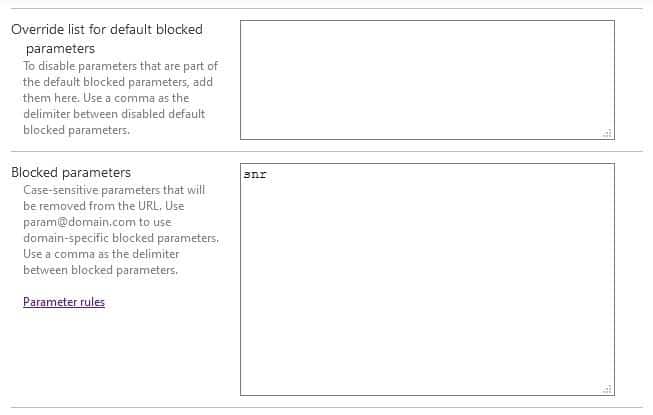
Scroll down to the third box. It is labeled "Blocked Parameters". Type the letters snr in the box. Go to the end of the page and click on the "Save preferences" button. Load the same URL, you should see a badge on the counter that reads 1, to indicate 1 change was made to the URL (since there was only 1 tracker).
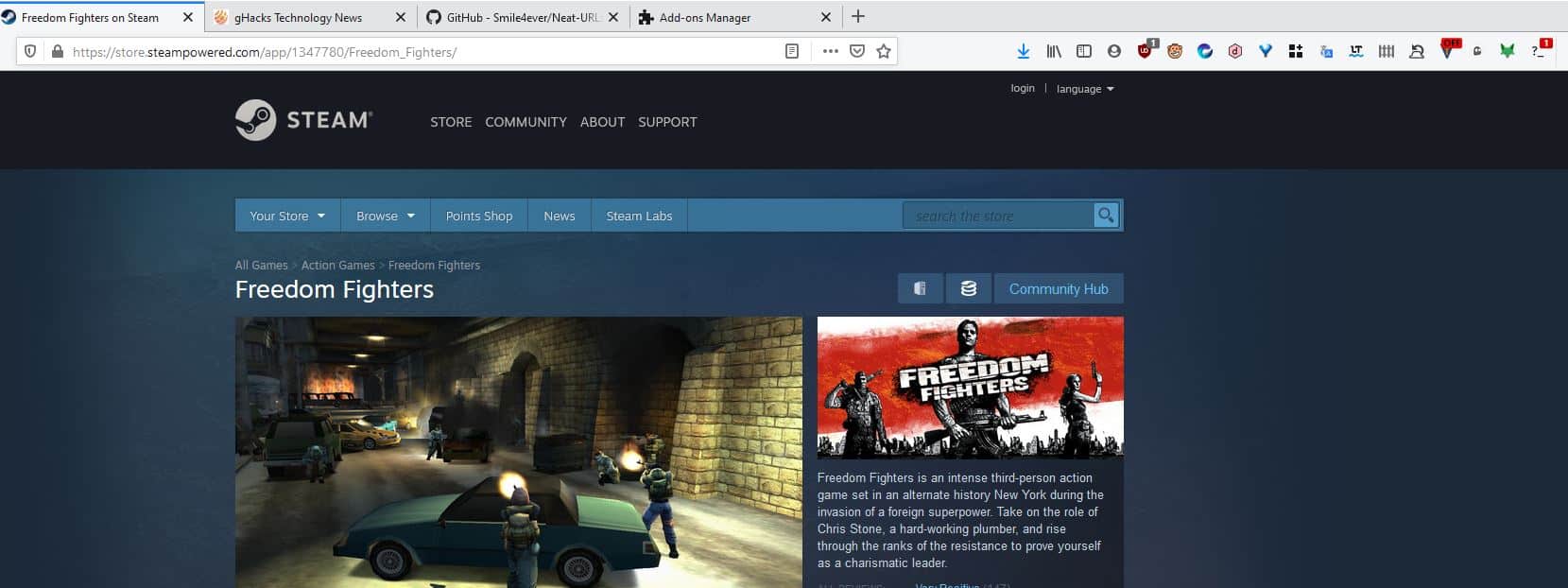
Similarly, you can add other parameters to block different trackers. You may also use domain specific rules like offers@example.com, promos@randomsite.com, etc. Scroll down the page to disable (whitelist) the extension on specific websites.
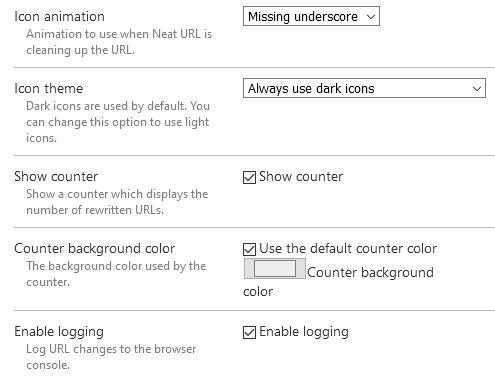
You may have noticed that Neat URL has a lot of default parameters at the top of its options page. Each rule that's listed in the box has a label. Unfortunately, the add-on does not support labels for custom parameters, at least not yet. So don't bother labeling your custom parameters, e.g. Campaign tracking (example): snr. That won't work. Instead, use only the word to be blocked. Add commas as the delimiter between parameters, e.g. tracker, snr, utm_*.
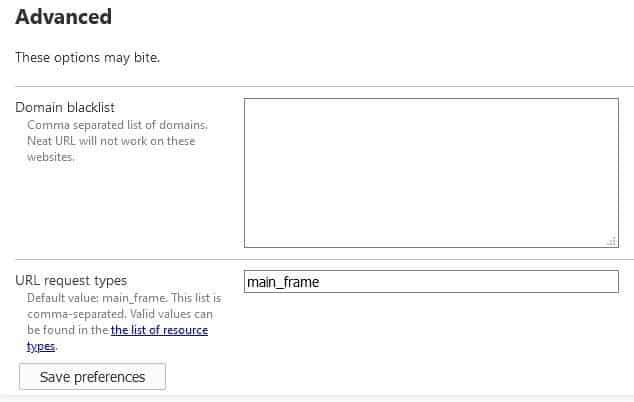
Neat URL is an open source extension. It is based on Lean URL.
Download Neat URL for Firefox and Chrome.
If the extension sounds complicated and you don't need custom rules, go with ClearURLs. It has a lot of default rules that works out of the box, and also supports removing redirects from links.
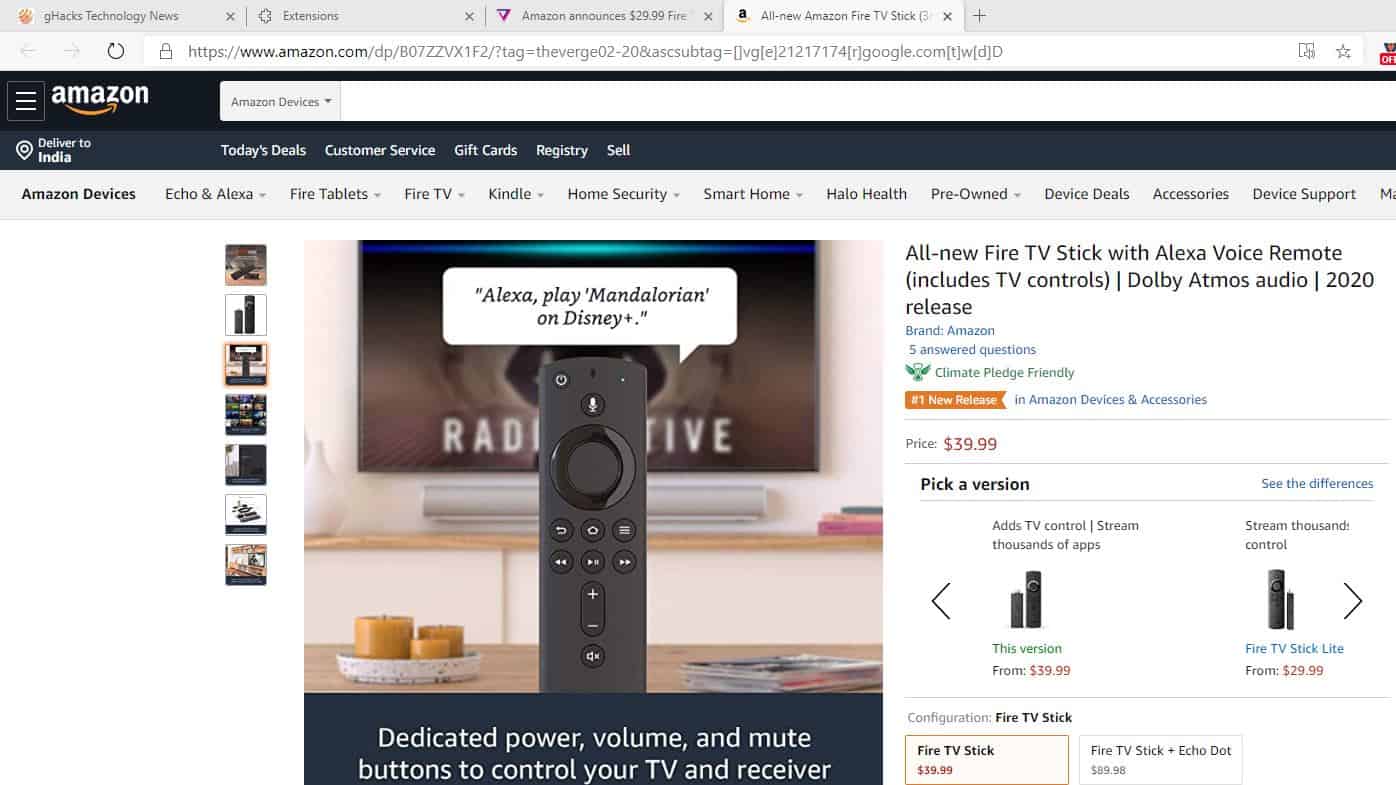
Neat URL is pretty good with custom parameters though.

Before you go, take a look at our article about Firefox containers, which can further help in preventing websites tracking your activity on other sites.













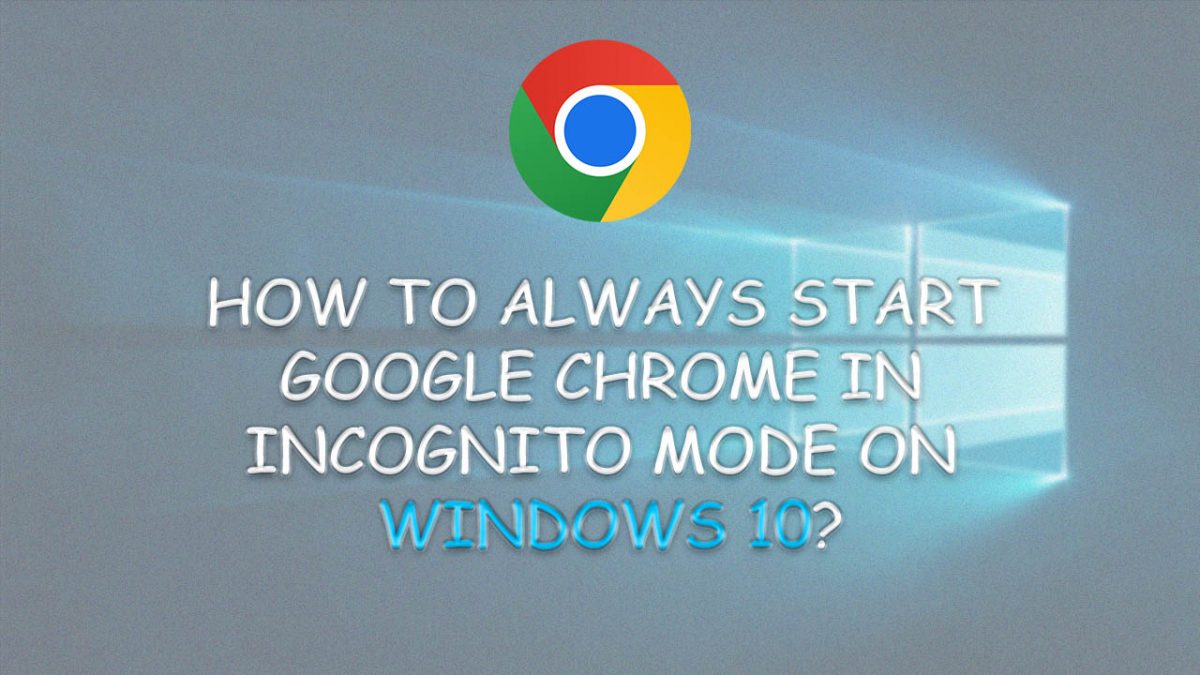













I tried clearurl and neat url but when you google whatismyreferrer and left click or middle/right click it still shows http://www.google.com as the referrer.
Ah, here’s one who always liked his free beer. Say the word and he will appear. Do check out r/beermoney for other great earning opportunities on the web, beside watching Brave ads and having them track you 24/7.
However, these plugins I listed won’t even help with Brave, because there it is built into the adware code and part of the browser, not of the websites you visit.
@Emil
It is very hypocritical of you, as a Firefox user, to criticize Brave Rewards. Firefox’s Pocket Stories are based on the very same principle: A local algorithm analyzing your browsing, picking suggestions from a local list based on that. That isn’t a privacy issue, for the data never leaves your PC. However, in Firefox it’s turned on by default while in Brave it’s turned off by default.
My advice: Stop being a hypocrite with double standards, learn about the mechanism you are criticizing, understand that it has no privacy impact.
Clear URLs and probably also Privacy Possum which blocks etag headers too, amongst others. Clear URLs gives the number 23 when going to this article from ghacks net home page. (Brave blocks 6 cross-site trackers here when not using their BAT).
I
Privacy Possum is abandonware.
@Sebas
Brave Shields are completely unrelated to Brave Rewards. Brave Shields block the same number of ads and trackers no matter whether you have Brave Rewards enabled, or not. Just a hint.
Get beer money from Brave! It’s completely free! Two cans of Bud lite every day!
Seriously, the sheer amount of plugins you ought to have for privacy. Ublock, Cookie Autodelete, ClearURLs, Canvasblocker, Decentraleyes. A VPN is a nice addition as well sometimes. The internet is a kraken.
@Emil
Not sure what you want to tell us here. You‘d need these extensions in Firefox as well, as part of a decent setup. This is by no means limited to Brave.
I wonder how this compares to “URL Tracking Stripper & Redirect Skipper” which also removes redirects.
Use ClearURLs if you want a community rules-based list.
Use Neat URL in tandem if there are specific parameters you manually want to remove that are not covered by ClearURLs.
Ironically enough ghacks seems so got damn heavy on ads and tracking that I couldn’t even see the comments here without enabling desktop view for mobile Vivaldi. The link above the title does nothing. Actually when I reloaded the page (after disabling ad blocking) it did show a comments dropdown, but “0 commentsâ€. Also that blatant spam…..wtf get a grip on your own site mateys
Is it useful if I already have the extension Universal Bypass ?
+1 ClearURLs.
Current statistics:
Elements 584,725
Blocked 35,242
Percentage 6.027%
Another vote for ClearURLs
Me too, another vote for ClearURLs
what’s the best, similar addon for Chrome?
thks!
@tester
ClearURLs:
https://chrome.google.com/webstore/detail/clearurls/lckanjgmijmafbedllaakclkaicjfmnk
Interesting what you mentioned about the number of trackers cleared appearing in the toolbar icon. I have ClearURLs installed and that’s showing the figure ’16’ right now after clicking just the link to this article from the ghacks home page.
But I suppose we have to bear in mind that ghacks has been acquired by Softpedia so the trackers are probably coming from them.
It could also be the case that the number 16 means something else entirely which may be relevant to the container tab I’ve configured to load the ghacks site in.
I used AdGuard browser add on for years and it was interesting to watch its counter, which stopped at 99 trackers, a number sites such as BuzzFeed quickly hit when loaded. What the real number was, IDK.
With everyone selling and buying data, the number of trackers is just the first level of data scraping and doesn’t necessarily represent the number of companies, which can be in the thousands, that receive your data when you visit a data glutton site.
Yes, a big privacy issue, one that sadly most users are aware of but seem to ignore because it takes effort to address. I’ve never known a user who wasn’t delighted at how smooth browsing becomes and how much cleaner pages look after they block trackers and ads.
Is it just me or have others noticed that the URLs themselves appear to contain tracking information. Not just the query string after the “?”, but the actual link/URI. There is the normal http/address/page_name but the page name is frequently suffixed by these strings that look like identifiers.
My guess is that news sites, amongst others, construct web pages for consumption based on your login. Every link to their own content contains these identifiers so if you pass the link to someone else, they will know if came from you.
I have a few extensions installed and I noticed over time that Neat URL was quit often conflicting with outer extensions and also with the Firefox browser.
That’s way I parted way with Neat URL starting with there version 4.15.
After I had removed this extension I have installed upto right now the for me better working similair extension CleanURL’sl. Knock wood but I have never had a problem after june 2018.
One really big plus point for me is that CleanURL’s is much better maintained.
I have not tried the newer Neat URL 5.0 version but at a certain point with older versions the troubles always came back.
+1. Had the same experience with NeatURL conflicting with Firefox and/or other extensions, switched to ClearURLs, so far so good.
ClearURLs is another recommended addon which also filters ETag headers and hyperlink auditing. https://addons.mozilla.org/en-US/firefox/addon/clearurls/
Neat URL would be my 2nd choice – i prefer ClearURLs because it’s essentially transparent to the user and works very well
https://addons.mozilla.org/en-US/firefox/addon/clearurls/
Agreed. ClearURLs is well done.
but is not work perfectly with a little bit of sites, example: https://fromsmash.com/ (never complete transfer), and ClearURLs does not allow exclusion, or a whitelist
Write to the developer and he will fix it.
On an unrelated note, today I noticed that Chrome outright blocks downloads that are deemed “unsafe” and there is not even any visual notification of a download. I tested old Edge (as I haven’t received an update for new Edge yet), Internet Explorer, Kinza, Brave and Vivaldi and the same downloads work perfectly fine too. I found some option in about:flags about unsafe downloads that makes them work once again, but I’m interested on what take does GHACKS have on this issue and what is solutions they would provide as Google can remove this flag at any given time and leave a lot of people with tied hands.
@Allwynd
If and when Google removes the flag, you have to drop Chrome. They have already stated that they won‘t allow unsafe downloads in the future. Then again, that doesn‘t mean that Edge, Brave, Vivaldi, or any other Chromium-based browser has to follow suit.
Google does this to further enforce HTTPS, by the way, which in principle is a good idea, just not in the take it or leave it way they are trying to enforce it.
What’s interesting is the sites that I tried to download from were already HTTPS and thus secure, but the downloads still didn’t start or show any visual indication that something is taking place…
I already moved to Vivaldi and will force myself to get used to its quirks. I only used Chrome for so long, “because it just worked”, but now it seems they will follow the path of Firefox where they decide things for you and you can’t do anything about it.
That’s what annoys me – even if I switch the flag, there’s no telling when they will remove it. I’d rather switch and get used before that happens.
I’d use Brave if they had a more convenient Sync, but they don’t. I’d use Kinza if they had Widevine support as I can use my Google account, but they don’t. I’d use Whale (Naver), but it’s too Korean market oriented and their account policy is weird – after not logging into your account for several months, you have to reset your password and verify that you’re the owner or it gets deleted… also UI is too cluttered and it’s impossible to unclutter it after some point. I’d use SRWare Iron also, but it’s not even updated as often and has some features missing.
So for now I will stick to Vivaldi and if something happens that makes me hate it, my next stop would be Brave although the Sync there really puts me off.
@Allwynd
Note that even though the website itself can be HTTPS, the resource from where the download is fetched can be separate from it and isn‘t necessarily encrypted.
Vivaldi is a genuinely good browser, my reason for not using it is that I am not interested in UI customization, plus it caused heavy battery drain on my MacBook for some reason. If it meets your needs, then that‘s great! Now, as for Brvae Sync, this has been a long-standing weakness of the browser, it has gotten better recently with Sync V2 according to reports, though I can say nothing regarding its current state as I don‘t use it myself.
Beware of SRWare Iron, though, this one is spyware in the literal sense:
https://spyware.neocities.org/articles/iron.html
I‘d strongly suggest avoiding SRWare Iron.
This is why browser vendors keep attacking extensions, that sort of freedom not something they taste.
Similar extensions to Neat URL and ClearURLs:
https://addons.mozilla.org/firefox/addon/pure-url/
https://addons.mozilla.org/firefox/addon/au-revoir-utm/
https://addons.mozilla.org/firefox/addon/link-cleaner/
https://addons.mozilla.org/firefox/addon/remove-link-tracking/
More general purpose redirector extensions that can do this too:
https://addons.mozilla.org/firefox/addon/requestcontrol/
https://addons.mozilla.org/firefox/addon/redirector/
https://addons.mozilla.org/firefox/addon/header-editor/